Find the Best Local Bird Seed Service Near Me for Your Feathered Friends
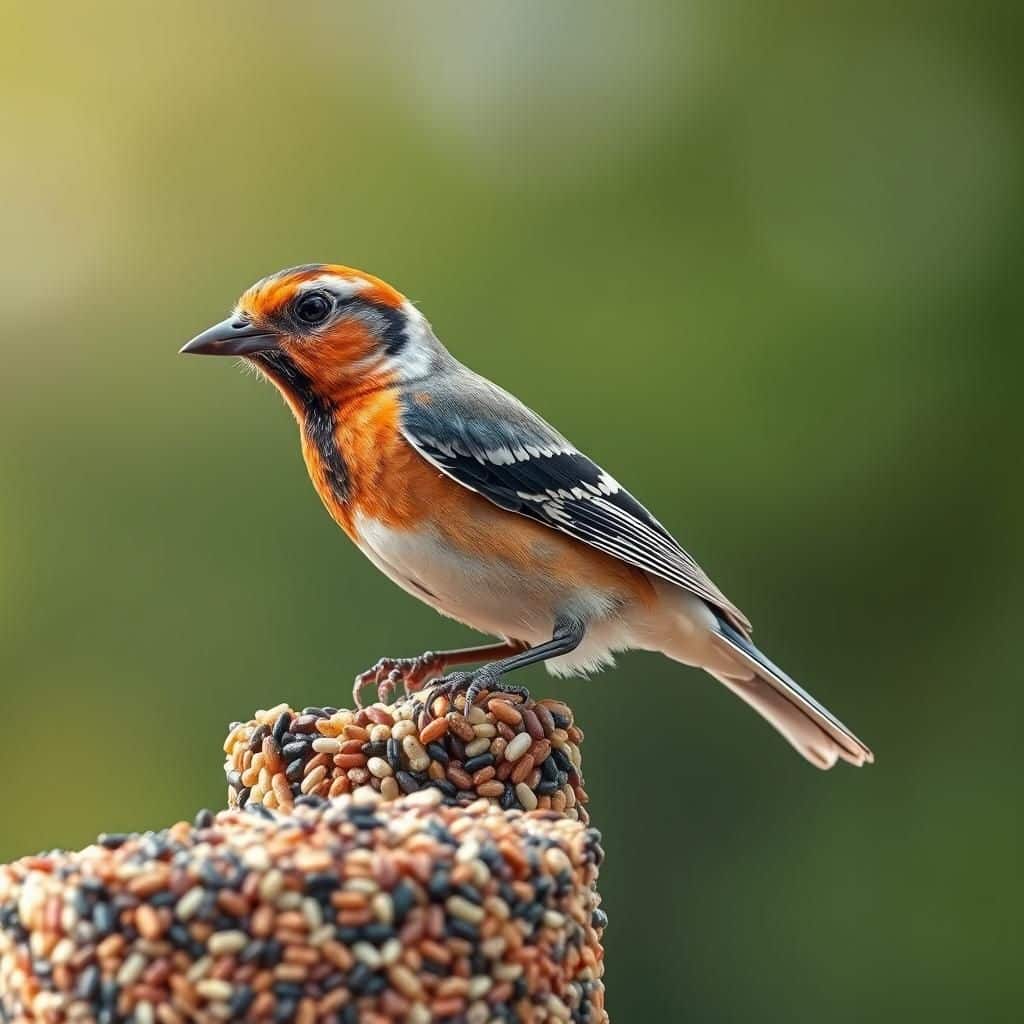
Choosing the right bird seed for your feathered friends is essential for their health and happiness. As we become increasingly aware of avian nutrition, finding a reliable local bird seed service can make all the difference. Whether you're a seasoned bird enthusiast or just starting your feathered journey, having access to high-quality seed options tailored to specific bird species can enhance their vitality and well-being. In this article, we’ll explore how to locate the best local bird seed services near you, ensuring your avian companions receive the finest nourishment and care they deserve.
Finding Local Bird Seed Services Near You
Finding a quality local bird seed service can greatly enhance your birdwatching experience, as these businesses often offer a variety of specialized seeds and mixes tailored to attract different species. By sourcing your bird seeds from a nearby provider, you not only support local economies but also gain access to fresh products that may be more suitable for the bird populations in your area. Whether you're seeking feed for finches, cardinals, or hummingbirds, local suppliers can provide expert advice and product recommendations to help you create the perfect habitat for native birds.
Benefits of Choosing Local Bird Seed Providers
Selecting a local bird seed provider allows you to support your community while ensuring that you receive the freshest and most regionally appropriate seeds. These providers often understand the specific preferences of birds in your area, which can lead to more successful attracting of diverse species to your backyard. Moreover, local services might offer unique mixes that are not available in larger, national chain stores, thus enhancing your birdwatching experience with variety.
Types of Bird Seeds Available Locally
Local bird seed services typically offer a wide range of bird seeds, including but not limited to sunflower seeds, safflower seeds, nyjer seeds, and mixed seed blends. Each seed type attracts different bird species, and local suppliers often tailor their offerings based on regional fauna. For instance, sunflower seeds are popular among cardinals and jays, while nyjer seeds are favored by goldfinches. Understanding the different seeds and their corresponding avian visitors can help enhance your backyard sanctuary.
How to Choose the Right Bird Seed
When choosing the right bird seed, it’s important to consider factors such as the types of birds you wish to attract, your budget, and the seed preferences common in your area. Many local bird seed services can provide guidance on the best options for your particular location, including recommendations based on seasonal variations and local bird populations. It's also essential to choose high-quality seeds free from fillers and additives to ensure the health of the birds visiting your feeder.
Frequency of Purchase and Storage Tips
The frequency with which you purchase bird seed will depend on the size of your feed and the traffic of birds visiting your yard. It's advisable to buy seeds in smaller quantities more frequently to maintain freshness and prevent spoilage. When storing bird seed, opt for a cool, dry place, and use airtight containers to protect against moisture and pests, thus ensuring you provide your feathered friends with the best possible nutrition over time.
See also: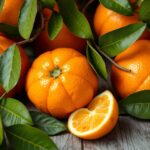
Tips for Attracting More Local Birds
Attracting more local birds involves combining the right type of bird seed with suitable feeding locations and additional amenities like bird baths and sheltering shrubs. By observing which seeds attract specific birds, you can adjust your offerings to increase diversity. Furthermore, positioning feeders near natural cover, such as trees or bushes, will create a safe environment for birds, encouraging them to visit regularly. Local bird seed services can often provide tailored advice to maximize your efforts in creating a thriving bird-friendly habitat.
| Seed Type | Birds Attracted |
|---|---|
| Sunflower Seeds | Cardinals, Jays |
| Safflower Seeds | House Finches, Cardinals |
| Nyjer Seeds | Goldfinches, Chickadees |
| Mixed Seed Blends | Variety of Species |
How to feed birds for free?
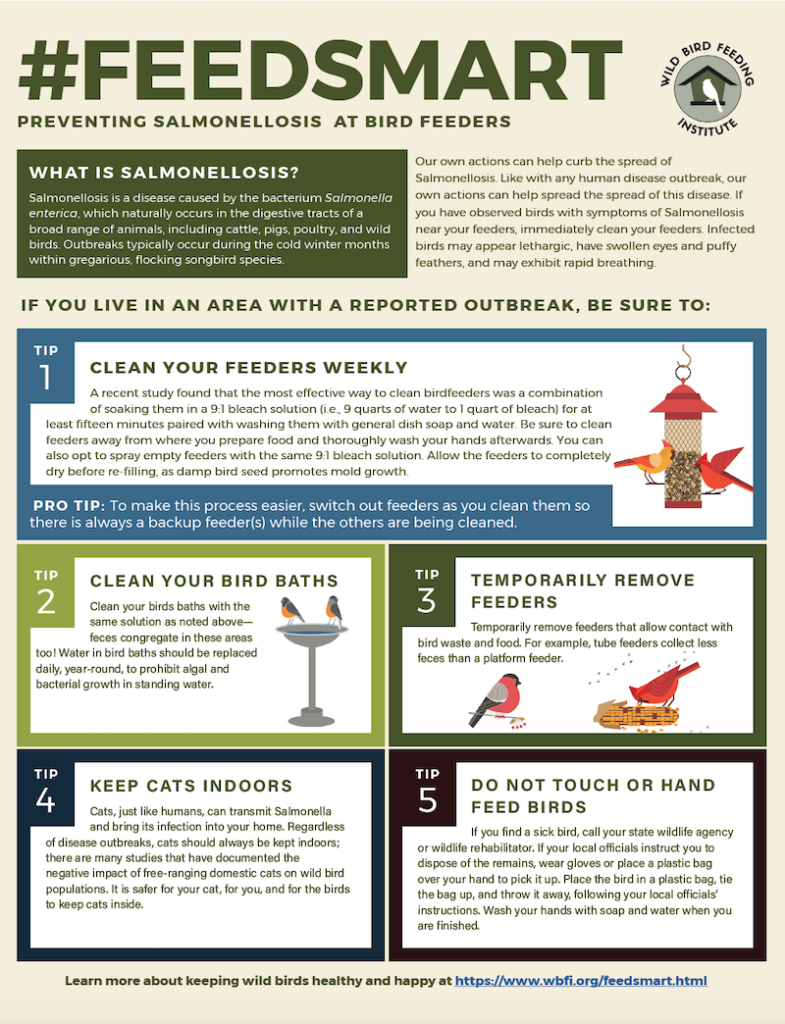
To feed birds for free, there are several innovative methods and resources available that can help you enjoy birdwatching while providing food for them without spending money. Here are some effective ways to accomplish this:
Utilizing Kitchen Scraps
Feeding birds can be as simple as using leftover food from your kitchen. Many birds enjoy a variety of food scraps, and this approach not only helps them but also reduces your waste. Consider these options:
- Fruits: Old apples, bananas, or berries are attractive to many bird species.
- Grains: Leftover rice, oats, or bread can be offered to birds.
- Vegetables: Scraps of leafy greens and other veggies can provide nourishment for ground-feeding birds.
Creating Homemade Bird Feeders
Making your own bird feeders can be a fun and cost-effective way to supply food. You can use natural materials or repurpose items you already have. Here are some ideas:
- Pine Cone Feeders: Coat a pine cone with peanut butter and roll it in birdseed.
- Milk Carton Feeders: Cut holes in a clean milk carton, fill it with seeds, and hang it up.
- Bottle Feeders: Use an old plastic bottle with small holes to dispense seed slowly.
Planting Bird-Friendly Plants
A great long-term solution for providing food is to plant your own bird-friendly plants. These can offer natural sustenance throughout the year. Consider:
See also: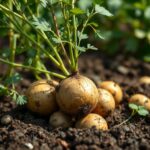
- Sunflowers: These produce seeds that attract many birds.
- Berry Bushes: Plants like raspberries or blackberries provide a fruit source for various birds.
- Native Wildflowers: Many native plants attract insects that birds feed on, thus creating a natural food source.
Using Free Online Resources
There are various online resources that can guide you on how to feed birds inexpensively. These platforms can provide recipes, tips, and advice. Some helpful resources include:
- Social Media: Follow birdwatching groups for tips and DIY projects.
- Websites: Check out websites dedicated to bird conservation for feeding advice.
- YouTube: Watch tutorials on how to create homemade feeders or bird-friendly gardens.
Joining Local Community Programs
Engaging with local wildlife organizations can also facilitate free bird feeding. Many communities have programs that support bird enthusiasts. Look for:
- Volunteer Opportunities: Participate in local bird counts or habitat restoration projects.
- Community Gardens: Join efforts that promote bird-friendly gardening.
- Swap Events: Participate in seed swaps to get bird-friendly plants at no cost.
Questions from Our Readers
What types of bird seed are available in local services?
Most local bird seed services offer a variety of seeds tailored for different bird species, including sunflower seeds, safflower seeds, and mixed blends. Depending on the service, you may also find specialty seeds targeting specific birds like hummingbirds or finches.
How can I find the nearest bird seed service to my location?
To locate the nearest bird seed service, you can use online search engines or maps by entering keywords like bird seed near me. Many local businesses also provide contact information and customer reviews, which can help you make an informed choice.
Are there delivery options available for bird seed orders?
Many local bird seed services offer delivery options to make it easier for customers to receive their orders without the need to travel. Check with your specific service to see if they provide free delivery or have any minimum order requirements.
Can I purchase bird feeders along with bird seed from local services?
Yes, most local bird seed services typically carry a selection of bird feeders alongside their seed offerings. This allows you to purchase everything you need for bird feeding in one convenient location, often providing expert advice on the best products for your garden.
See also: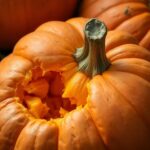

If you want to read more articles like Find the Best Local Bird Seed Service Near Me for Your Feathered Friends, we recommend you check out our Seeds category.
Leave a Reply
Related Articles